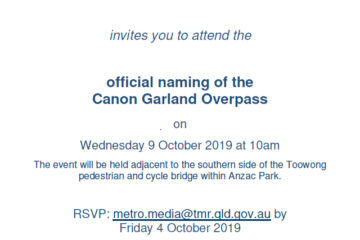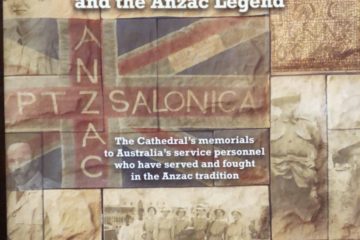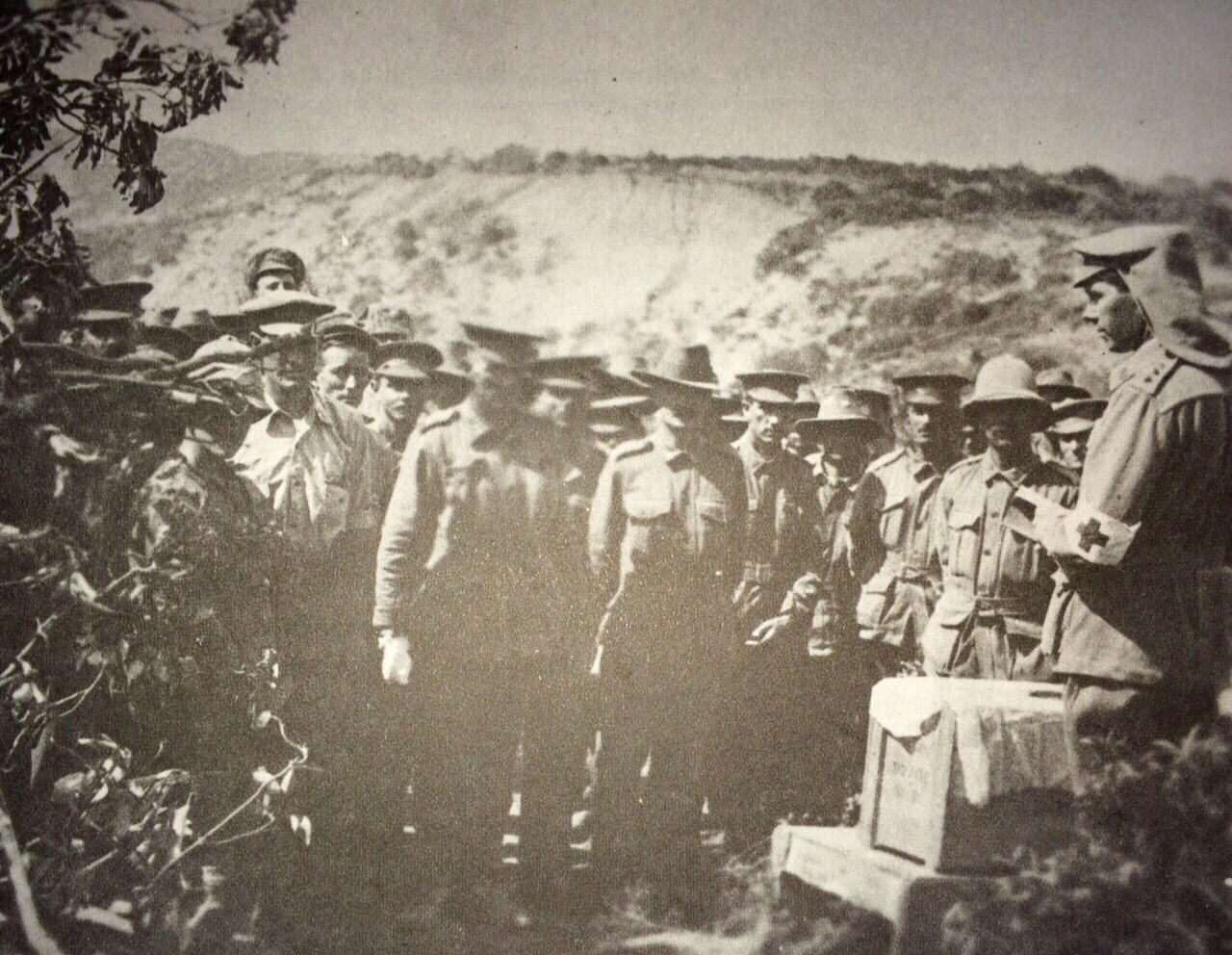ANZAC Day, New Zealand
ABOVE: A soldier of the New Zealand Expeditionary Force. This image appeared in “The Queenslander” (pictorial supplement to “The Queenslander”) of 13 July 1918 (page 27).
A DAY OF DAYS
Though the commemoration of Anzac Day is not a matter to be approached in any hasty or haphazard fashion, it is not easy to excuse the tone of irresolution and almost of timidity which pervaded the proceedings of the meeting of local body and other representatives on Monday afternoon [ 13 March 1916 ].
The Mayor’s initial proposal that a brief halt in work and business should be called in the middle of the day, in order to permit citizens to attend special church services, was plainly inadequate.
Even the final decision to approach the Government and ask that a half-holiday be proclaimed and devoted to the commemoration is literally and otherwise a half-measure.
The only representatives who really rose to the occasion and truly reflected the public mind on the question are those who advocated a national holiday.
It is a possible objection to this proposal that war time is not a time for creating additional public holidays, but makes instead an imperative demand for unremitting and intensified endeavour.
Such an objection may hold good while the war continues, but if this view prevails it should be very definitely understood that the present commemoration of the day of days which New Zealand soldiers and their comrades have made glorious should not be taken as establishing any precedent for the manner of its commemoration in after years, when the limits now perhaps imposed have disappeared.
An objection to setting a day could surely be met by sacrificing some other holiday.
It is a pity that the question has been dealt with even tentatively from any local and sectional standpoint.
The honouring of Anzac Day is obviously a national concern.
In this respect we might well allow the excellent example set by Queensland, where Canon Garland [ David John Garland ] is the honorary organising secretary of the movement [ Anzac Day Commemoration Committee of Queensland Incorporated ].
There the initial steps were taken as long ago as January 11.
The State Premier, the heads of all the religious denominations, the senior military chaplains, representatives of Parliament, the University, the naval and military forces, patriotic societies, and others constitute a committee, and this committee has agreed on the procedure to be followed.
The official plan of observance should prove a useful guide to those engaged in the movement here.
It is as follows:—
(1). That the object of the observance of the day be
— The commemoration of our fallen heroes;
— The remembrance of our wounded;
— The recognition of the gallant courage displayed by Australia’s sons in fighting for the preservation of liberty and civilisation.
(2). That all the religious bodies be requested to observe the day by such religious services as each such body shall decide.
(3). That in the evening a public meeting be held in every town in Queensland, when the events of the day shall be brought before the people, a uniform resolution submitted at every such meeting; and simultaneously throughout the State during the meetings, every person and all work come to a standstill for a period of one minute at 9 p.m. in honour of our fallen heroes.
(a). That the Mayor or shire chairman be requested to constitute forthwith a local committee to promote the observance of Anzac Day, and to carry out this plan in such manner as to ensure united action in every part of the State.
(b). That at such public meetings, the place of honour be given to the relatives of those who have died in Gallipoli, and of those who have enlisted.
In addition the Minister of Public Instruction has undertaken the duty of impressing upon school children the historic value of Anzac Day; the State Commandant has agreed to parade all the troops, returned soldiers being given the place of honour; and finally it has been decided that in order to express the character of the day no effort be made to raise funds or any prominence given to the collecting or raising of funds.
Those who are acquainted with Canon Garland’s work in New Zealand will recognise that with so admirable an organiser as its honorary secretary, the Queensland commemoration movement is certain to be carried through with thoroughness and success.
The commemoration here, as in Australia, should be universal, and patterned at least on some broad lines of uniformity throughout the country.
It is therefore pre-eminently a matter in which the Government should give the country a lead.
That the day is destined to receive high and honourable recognition in the Dominion as long as the Dominion endures will be disputed by no good New Zealander.
No doubt the end of the war, yet perhaps distant, will provide an occasion, not for national or even Imperial, but almost for world-wide thanksgiving and commemoration.
In this, too, New Zealand will have its part, but as long as it remains New Zealand, Anzac Day must hold an unchallenged place in its national life.
The soldiers of the Dominion are very far from having fired their last shot in the war.
Raised now to the strength and status of a division, the Expeditionary Force may very well play a greater and more important part than it played in Gallipoli, though it cannot well acquit itself more worthily or with greater honour.
But whatever the future may have in store, the Anzac landing will stand permanently as an epochal event in New Zealand annals.
The men of Anzac made history and set standard for all who follow.
The fame of these stalwart enduring soldiers and of their deeds has rung throughout the world, and it would be a strange thing if they were held in lighter honour and esteem in the country to which they belong.
Most decidedly the day will never be one for the merrymaking and junketing proper to an ordinary holiday.
There can be no better way of honouring it than by combining a military assemblage with the religious observances which naturally attend such an occasion.
In centres of population a great massed gathering and parade of troops in the open air would more appropriately meet the case than the separate observances contemplated by most of the representatives at Monday’s meeting.
– from page 4 of “The Dominion” (Wellington, New Zealand) of 15 March 1916.


